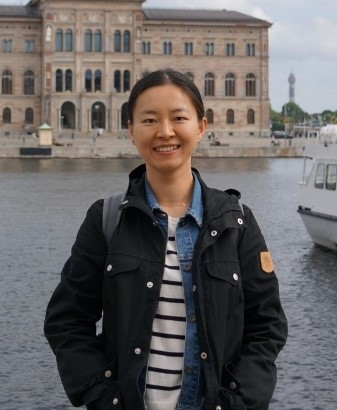Invited Speaker

Assoc. Prof. Qian Wang
Department of Environmental Science and Engineering, Guangdong Technion – Israel Institute of TechnologySpeech Title: Organophosphate Removal from Tannery Wastewater by the Fenton Process and Its Combination with UV/Ozonation
Abstract: Organophosphate is widely used in tannery industry as tanning agents and fire retardants, resulting in organophosphate-rich industrial wastewater. However, its removal is challenging due to the refractory properties. The Fenton process, a widely applied advanced oxidation processes, is robust to remove refractory organic pollutants. This study investigated the efficiency of the Fenton process and its combination with ultraviolet (UV) radiation or ozonation (i.e., Fenton/UV or ozonation-Fenton) for the removal of organophosphate in real tannery wastewater. The results showed that an intermittent dosing of the Fenton reagents was more effective than one-time dosing, and 83% of organophosphate was removed by the Fenton process at 3 mM Fe2+ + 6.66 mM H2O2 (a cost-effective chemical dose in practice). The organophosphate removal efficiency was augmented with increasing chemical dose and it was as high as 99% at 15 mM Fe2+ + 30 mM H2O2. Incorporation of UV radiation in the Fenton process improved the organophosphate removal efficiency, mainly due to the synergistic interaction among UV and the Fenton reagents which could facilitate the formation of hydroxyl radicals and regeneration of the Fe2+ catalyst. Ozonation prior to the Fenton process enhanced organophosphate degradation, most likely through the capacity of ozone as an oxidant. This study provides valuable insights into the enhancement of the Fenton process for the removal of organophosphate from industrial wastewater in practice.
